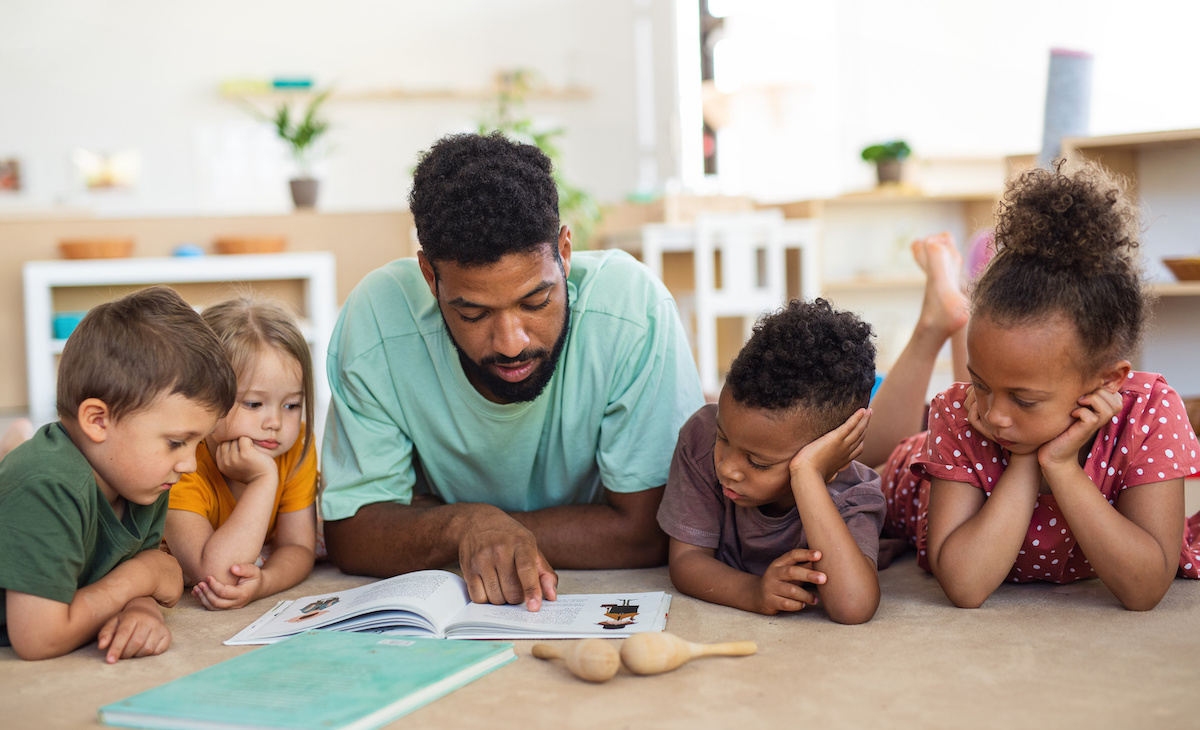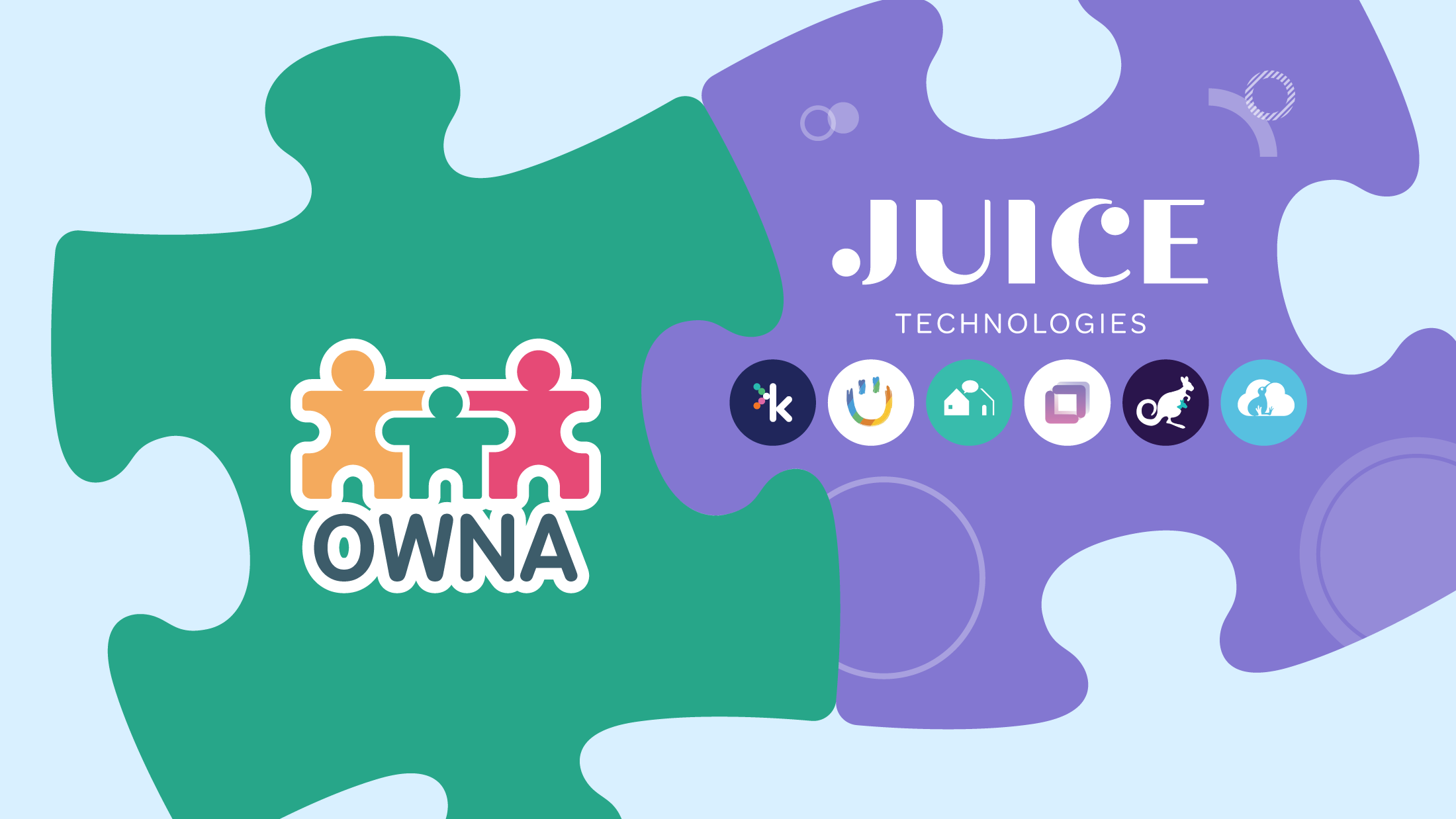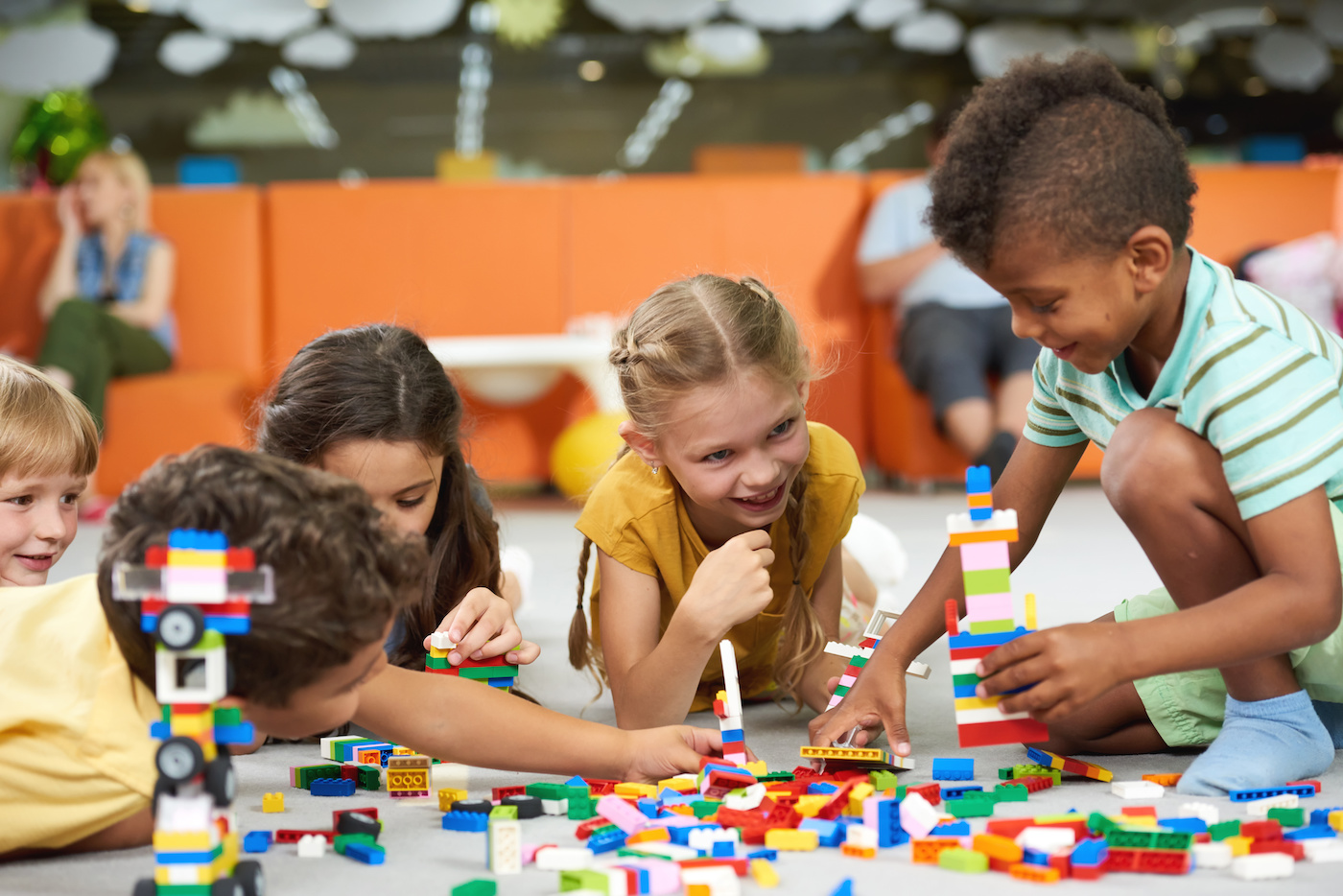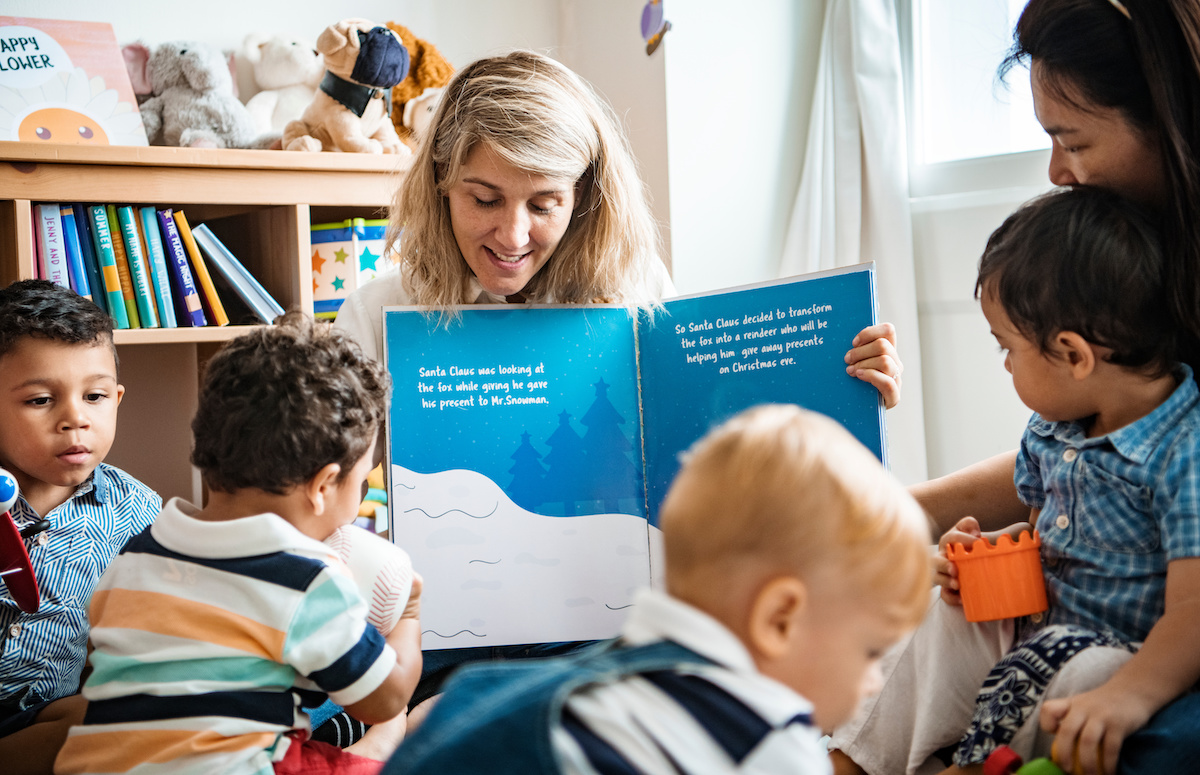Harmony Week in Australia is a week to celebrate cultural diversity and promote inclusiveness, respect, and a sense of belonging for all Australians. In early childhood education and care settings, acknowledging Harmony Week can be a wonderful opportunity to teach children about different cultures, traditions, and the importance of acceptance. Here are some ideas on how to acknowledge Harmony Week under the theme “Everyone Belongs”.
- Cultural Dress Encourage children and staff to wear traditional clothing representing their cultural backgrounds or cultural clothing from around the world.
- Story Telling: Share stories from various cultures during storytime. This can include folktales, myths, and legends from different countries, promoting diversity and understanding.
- International Food Day: Organise a potluck or cooking activity where families, if they choose, can bring in dishes from different cultures to share with everyone. This allows children to taste and learn about foods from around the world.
- Art and Craft Activity: Provide materials for children to create art and craft items inspired by different cultures. This could include making traditional instruments, creating flags, or painting symbols from different countries.
- Music and Dance: Play music from different cultures and encourage children to dance along. You could also invite parents or community members to teach traditional dances or songs.
- Language Learning: Introduce simple greetings or words in different languages to the children. This can be a fun way for them to learn about other cultures and languages.
- Cultural Displays: Set up displays showcasing artifacts, pictures, and information about different countries and cultures. Encourage children to explore and ask questions about what they see.
- Discussion and Reflection: Have age-appropriate discussions about the importance of respecting differences, being inclusive, and celebrating diversity. Encourage children to share their own experiences and learn from each other.
- Outdoor Activities: Organise games and sports from around the world to promote teamwork and cooperation while learning about different cultures’ recreational activities.
- Community Involvement: Invite parents, grandparents, or other community members to share their cultural traditions, stories, or talents with the children.
Remember to tailor these activities to the age and developmental stage of the children in your care and ensure that they are conducted respectfully and sensitively. By celebrating Harmony Day in early childhood education, you can foster a sense of unity, respect, and appreciation for diversity among young children.




